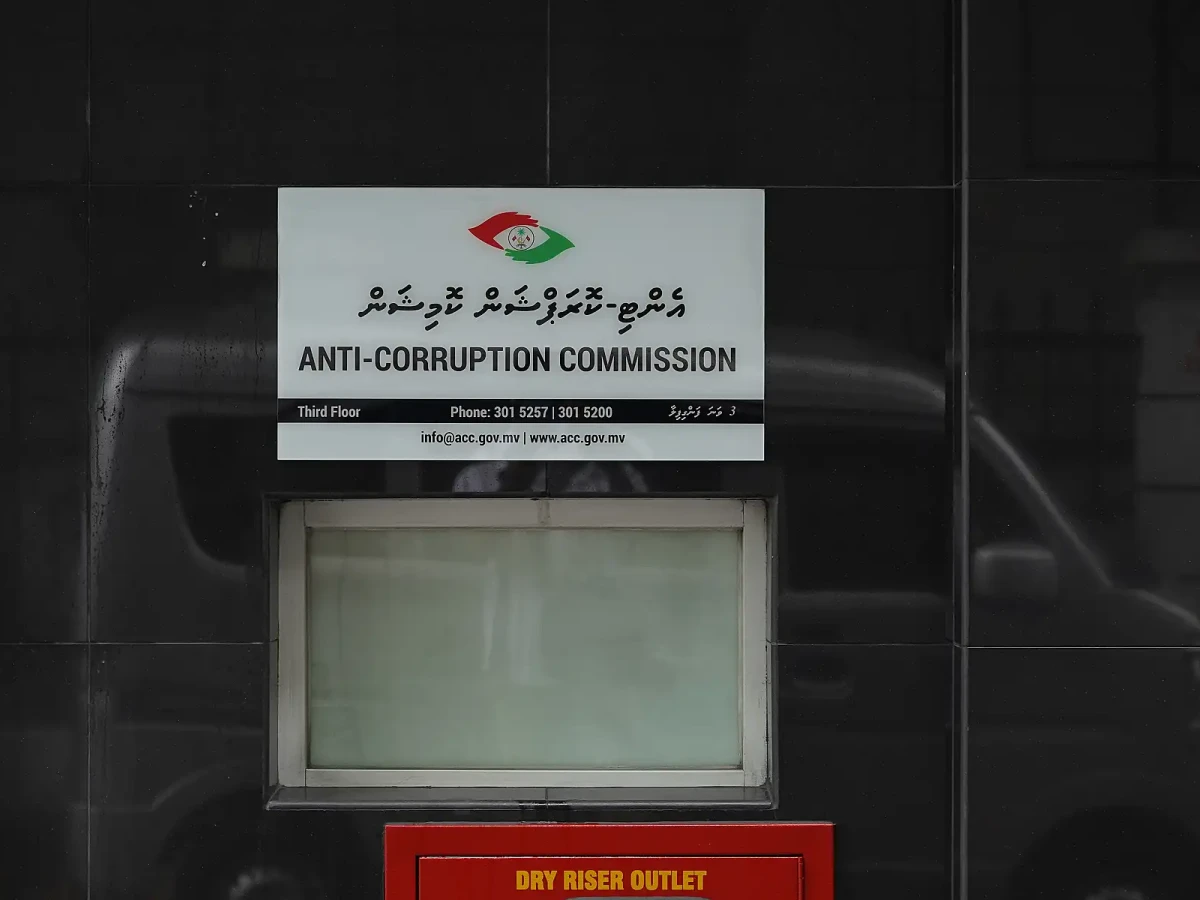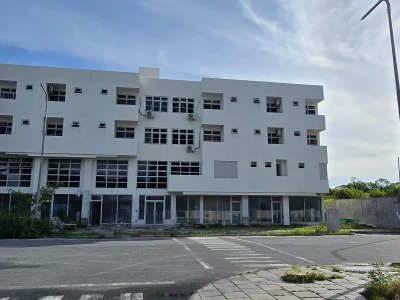
Maldives' Corruption Perceptions Index score declines
The Maldives' CPI score has decreased from 39 to 38.
The Corruption Perceptions Index (CPI) 2024, released Tuesday by Transparency International, reports that the Maldives' CPI score has decreased from 39 to 38. The country remains among the two-thirds of nations scoring below 50.
The CPI ranks 180 countries and territories based on perceived public sector corruption, using surveys and expert assessments. The 2024 index highlights how corruption affects climate action. The scoring system ranges from zero (highly corrupt) to 100 (very clean). With a score of 38, the Maldives ranks 96th out of 180 countries.
The Maldives’ score is based on three international sources: Global Insight Country Risk Ratings, the Varieties of Democracy Project, and the World Bank Country Policy and Institutional Assessment (CPIA).
The report indicates that little progress has been made in anti-corruption efforts. It highlights the need for stronger investigations, prosecution, and implementation of laws to hold political and public officials accountable. Systemic corruption remains present at the highest levels, necessitating reforms in asset declaration and asset recovery. The report also points to a lack of accountability for past corruption cases, which continues to erode public trust, weaken democratic institutions, and divert resources from essential services.
Weak regulatory frameworks and inadequate oversight contribute to a lack of transparency. The introduction and enforcement of stronger anti-corruption laws, particularly in asset declaration and recovery, are identified as necessary steps.
Independent oversight bodies are responsible for monitoring executive activities, but financial and technical constraints, along with political influence, limit their effectiveness.
Public reluctance to report corruption stems from weak implementation of the Whistleblower Protection Act (2019), concerns over retaliation, and delays in the justice process. Increased transparency in legal and administrative decisions is needed to restore public confidence.
The report also calls for inclusive decision-making, ensuring citizen participation, and strengthening decentralisation. It highlights the Maldives’ recent signing of the Open Government Partnership (OGP) as an opportunity to enhance transparency and accountability. Additionally, as a signatory to the United Nations Convention Against Corruption (UNCAC), the Maldives is urged to improve enforcement mechanisms and foster multi-stakeholder collaboration to address corruption at all levels.
The CPI 2024 report emphasises the link between corruption and the climate crisis. Misuse of climate funds and undue influence in policymaking hinder climate action. The Maldives, classified as a Small Island Developing State (SIDS), faces significant climate vulnerabilities, making the impact of corruption particularly concerning.
The report highlights issues in land reclamation and island leasing, where manipulated Environmental Impact Assessments (EIAs), destruction of reefs, and limited public consultation contribute to environmentally damaging developments. Opaque leasing practices also undermine climate resilience efforts.
The recent decision to merge the Ministry of Climate Change, Environment and Energy with the Ministry of Tourism raises concerns over transparency and potential conflicts of interest. Weak planning and oversight in climate-related initiatives may increase the risk of corruption in the sector.
Transparency Maldives, in line with Transparency International’s recommendations, calls on the government to:
Strengthen climate governance:
-
Establish the Environmental Protection Agency (EPA) as an independent body with consistent funding, free from political influence.
-
Implement stricter contractor assessments to prevent financial losses and inefficiencies in environmental projects.
-
Improve public access to project finance documents and reports.
Enhance disaster preparedness:
-
Conduct regular disaster response training for communities.
-
Implement nature-based solutions such as mangrove restoration and artificial reefs.
-
Integrate local knowledge into disaster planning.
Increase transparency and accountability in climate projects:
-
Publish project-related documents, including audits, finance reports, and monitoring data, in a timely and accessible manner.
-
Establish independent monitoring bodies to oversee climate projects.
-
Strengthen the role of the Anti-Corruption Commission and the Auditor General’s Office in climate-related oversight.
Improve access to justice and whistleblower protection:
-
Simplify legal procedures for corruption cases.
-
Strengthen whistleblower protections to encourage reporting.
Reinforce regulatory frameworks:
-
Introduce and enforce legislation on asset declaration and recovery for public officials.
Enhance transparency in governance:
-
Disclose annual reports, policies, and strategic documents in an accessible format.
-
Develop a centralised database for climate change projects to improve information accessibility.
Commit to international anti-corruption standards:
-
Uphold commitments under UNCAC and OGP to enhance transparency, accountability, and public participation.
Strengthen public participation and decentralisation:
-
Ensure meaningful citizen engagement in governance.
-
Empower local councils in decision-making processes.
Improve oversight and investigative institutions:
-
Ensure that anti-corruption agencies have adequate resources and independence to carry out investigations and prosecutions without political interference.




